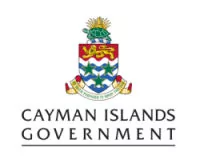The Cayman Islands Government has removed the Fiscal Exemption clause from the 1996 Proceeds Of Criminal Conduct Law, which had previously stopped authorities from co-operation with other jurisdictions concerning fiscal offences. Cayman Island's authorities will continue to assist foreign investigators in inquiries into alleged offenses, providing the alleged offence is a crime under Cayman law.
Acting Attorney General Samuel Bulgin said:
"This change to the PCCL law has been developed in close consultation with the private financial sector to ensure the legitimate rights for privacy are carefully balanced with the need for transparency and disclosure in the public interest of defeating crime."
"All alleged offences for which assistance is sought from the Cayman Islands must meet the "Dual Criminality Test" under Cayman Islands laws. This amendment allows Cayman to consider requests for assistance in investigating serious crimes such as narcotics trafficking, fraud and money laundering."
NOTE TO EDITORS:
The Proceeds of Criminal Conduct Law was enacted in 1996. Much of the law is based on the UK's Criminal Justice Act 1993. The legislation builds on the Mutual Legal Assistance Treaty between the Cayman Islands and the US, and the anti-money laundering provisions of the Misuse of Drugs Law passed in 1989.
The content of this article is intended to provide a general guide to the subject matter. Specialist advice should be sought about your specific circumstances.
For further information on the above please contact Jacqui Crane or Miranda Pugh at Cayman Islands Government Press Office

